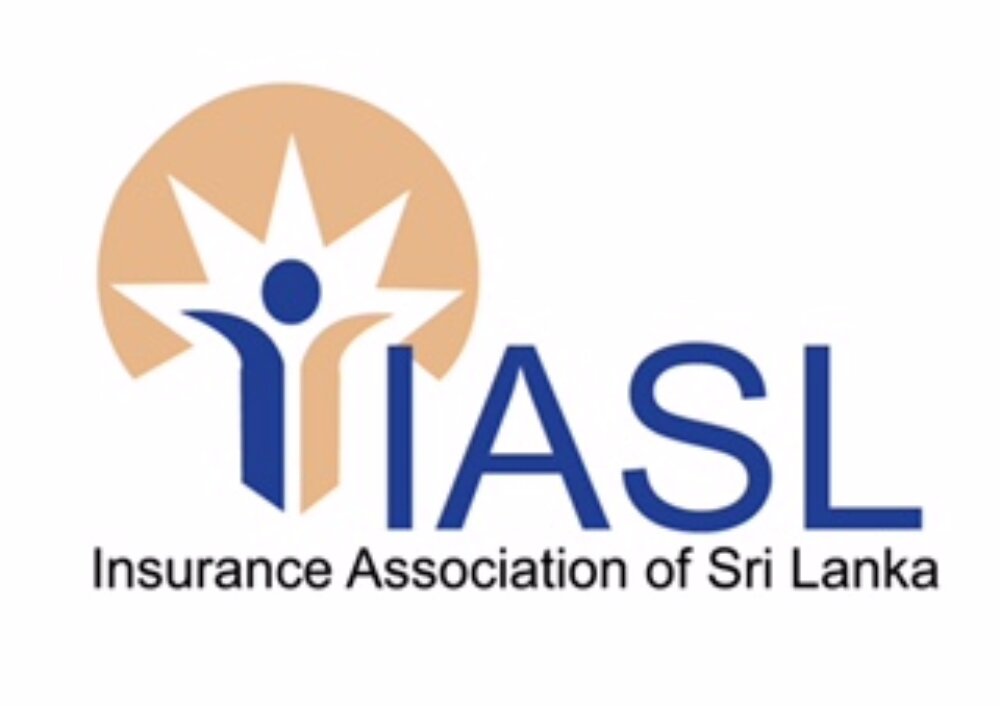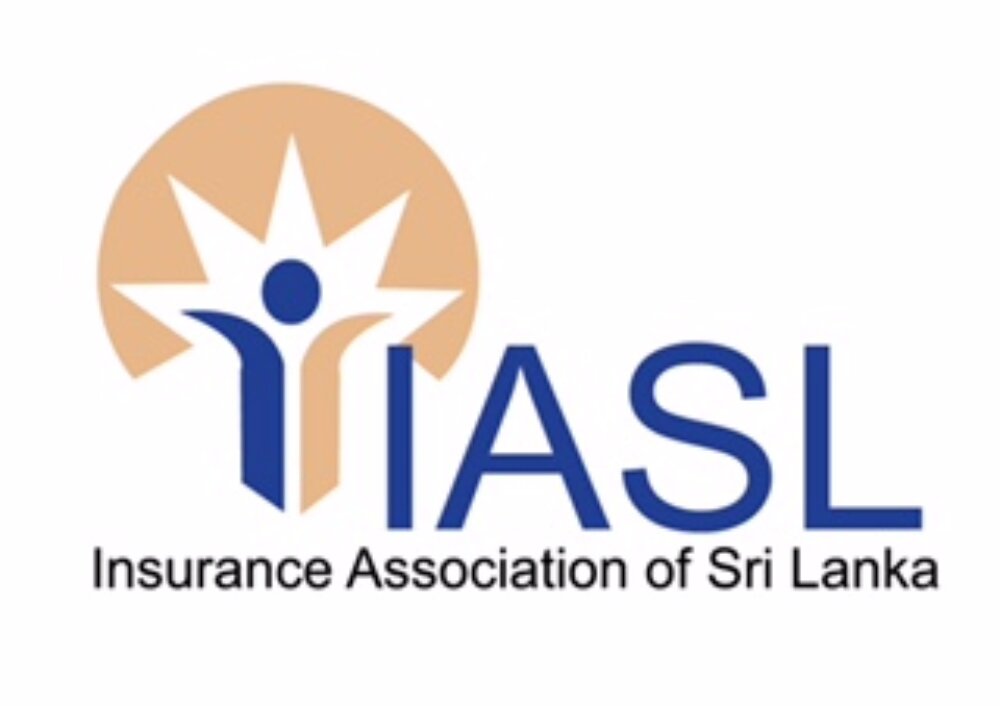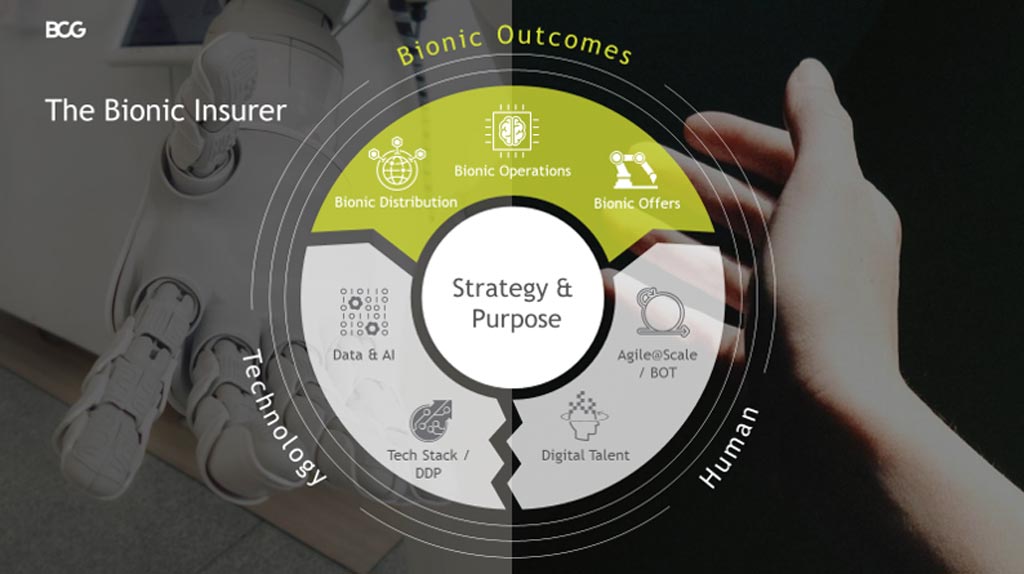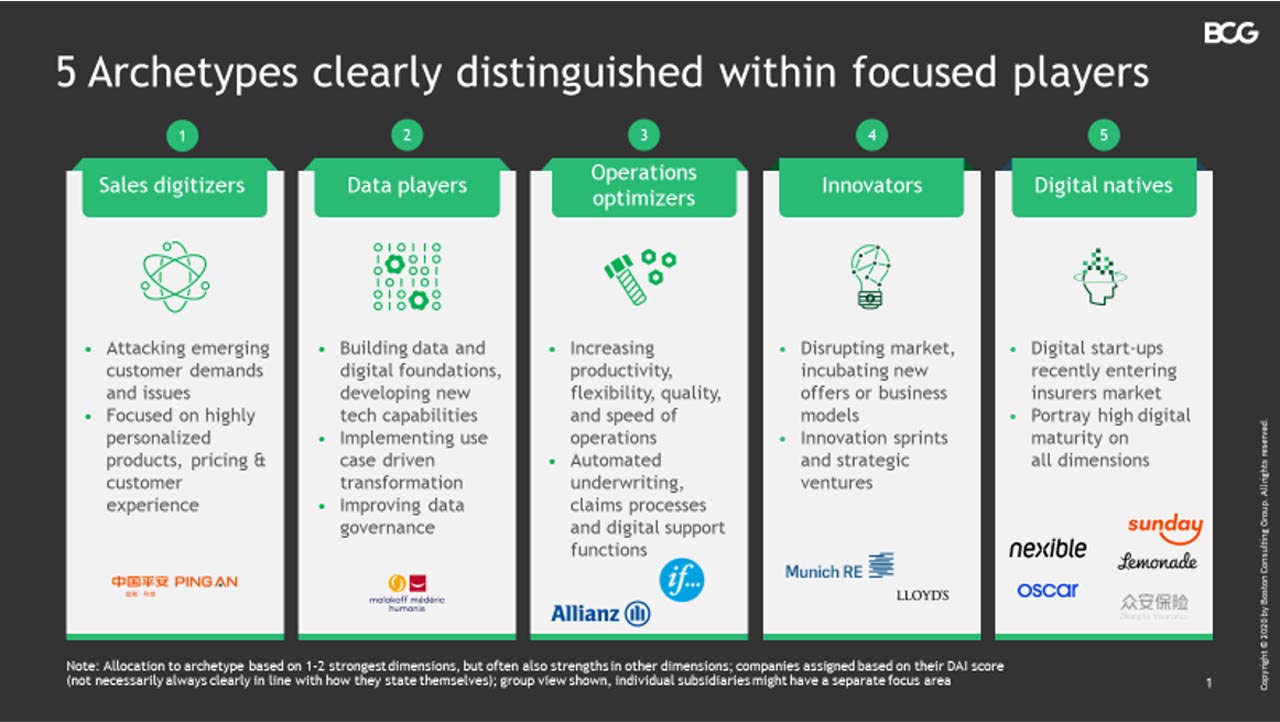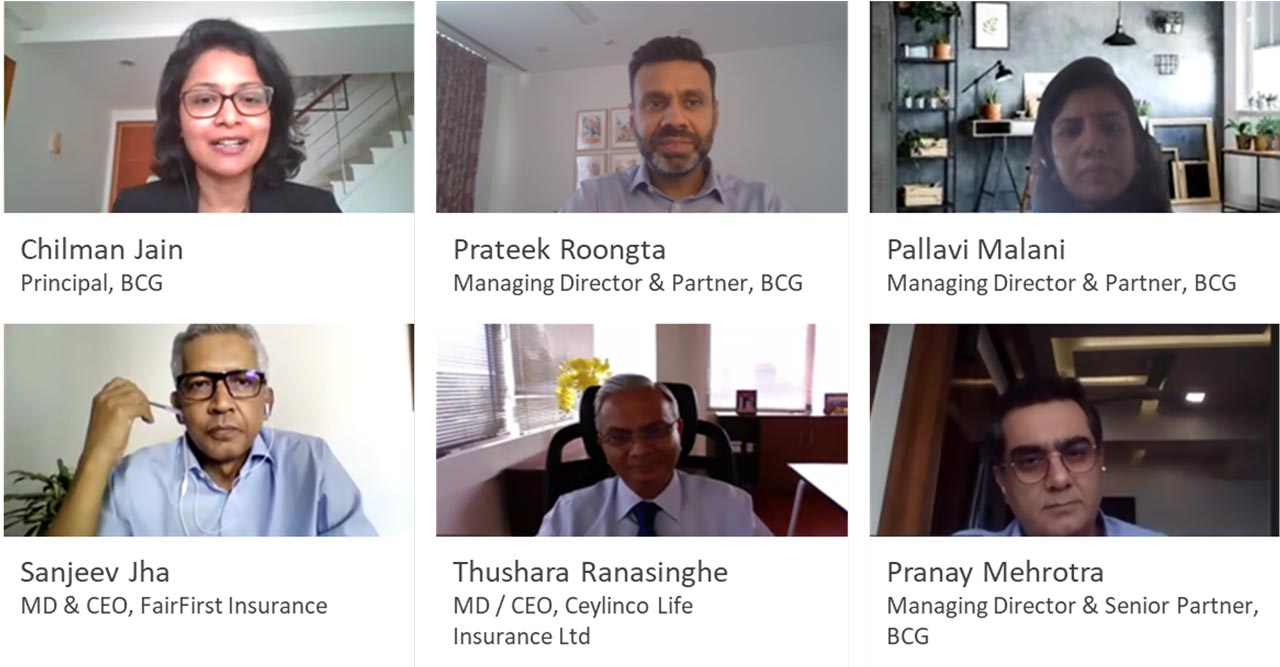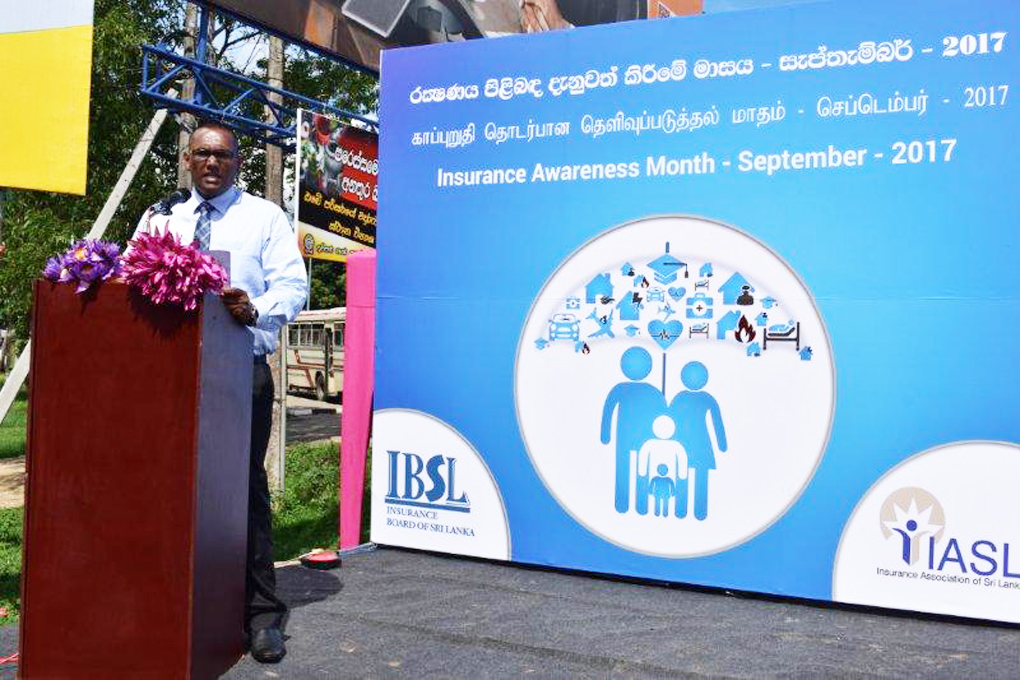The Insurance Association of Sri Lanka (IASL) celebrated Insurance Month that commenced on the 1st of September, 2021 with National Insurance Day. With the objective of spreading awareness and inculcating knowledge on the importance of insurance, the IASL has been working overtime to ensure the smooth operation of the insurance industry. Similar to multiple other industries, in global and local contexts, the insurance industry has experienced its share of fluctuations with the onset of the pandemic and displayed its resilience to the resultant challenges.
Dinesh Yogaratnam, the Chairman of the Marketing and Sales Forum (MSF) of the Insurance Association of Sri Lanka (IASL), shared his perspectives on the marketing of insurance during these tumultuous times. He expounded on the ways in which the MSF of the IASL adapted to overcome the hurdles of the circumstances that arose during 2021, while promoting insurance penetration.
“The Insurance Association of Sri Lanka (IASL) is the industry body comprised of all the Life and General Insurance companies that operate in the market. The Marketing and Sales Forum (MSF) is a subcommittee thereof and as the name implies, addresses matters pertaining to the sales and marketing of insurance products and services. Further, the MSF also carries out various initiatives to increase insurance penetration in the country via education and knowledge-sharing. One of the major efforts of the MSF this year is to help the public better appreciate what insurance is. In addition, helping them understand how, when, and why they should purchase a policy, so that they may provide themselves, their loved ones, their assets, as well as their enterprises with the financial protection required, are key objectives.
“The MSF has resorted to using mainly digital and print media for its insurance promotion activities. Employing a two-pronged approach, whereby, the MSF under the IASL banner is carrying various pieces of communications on social media channels and is working with the country’s print houses and their digital arms to disseminate information and educate the public, the individual companies too have been encouraged to promote their products and services, as well as to carry knowledge building pieces of communication on their own platforms. Through this, we are witnessing a heightened level of activity and dialogue across social media channels.”
Giving further insight into the current insurance marketing landscape prevalent in the country, Dinesh Yogaratnam stated, “The insurance industry has grown in 2021 by approximately 14% in terms of Gross Written Premium as of the end of the 1st quarter; while long term insurance has seen significant growth, general insurance has contacted very marginally. As an industry, we are confident that the growth trajectory we have witnessed in the first half will continue to the end of the year.
With the pandemic impeding movement, insurers had to very quickly realign themselves to front the customer both for new business acquisition as well as for premium collection, equipping themselves with various digital assets and recalibrating their sales teams to embrace a new hybrid model of interacting with and engaging the customer. From a servicing perspective; industry players have infused many digital interventions as part of their customer touchpoint strategy so that customers are able to seamlessly interact with them and obtain whatever services they require, regarding their policies. On the customer’s side, the pandemic has made people appreciate the need for a meaningful health insurance plan and they have also begun to appreciate the need for long-term insurance. The Sri Lankan insurance industry has always stood by society not only during times of normalcy but more so during times of widespread calamity and dire need. In this respect, the industry has come forward to pay COVID-related claims, irrespective of the fact that pandemics are excluded as part of insurance contracts.”
A major initiative that was carried out by the MSF during the Insurance Awareness Month was the Life Insurance Industry Sales Awards 2019 and 2020, which was held virtually on National Insurance Day. These awards celebrated the life insurance sales professionals in the industry, recognising national-level excellence. Despite the rollercoaster of events over the past few years, the future for the insurance industry is far from bleak.
Elaborating on the expectations for the future activities and aspirations of the insurance industry, Dinesh Yogaratnam said, “as society internalises and becomes more attuned and accustomed to what is now ‘the normal’, new opportunities will arise, new avenues of value creation and income generation hitherto non-existent will emerge whilst businesses will recalibrate themselves to be in sync with these new market conditions. In this backdrop therefore we are very buoyant and optimistic about the future, bearing in mind at all times the need to be current and relevant to customers whilst adding value to all our stakeholders.”
It is hoped that the insurance penetration will continue to increase, promising a future where customers and the general public embrace the security of a financial safety net, to stay prepared in even the most unexpected situations, as they quest towards making their life goals a reality.




